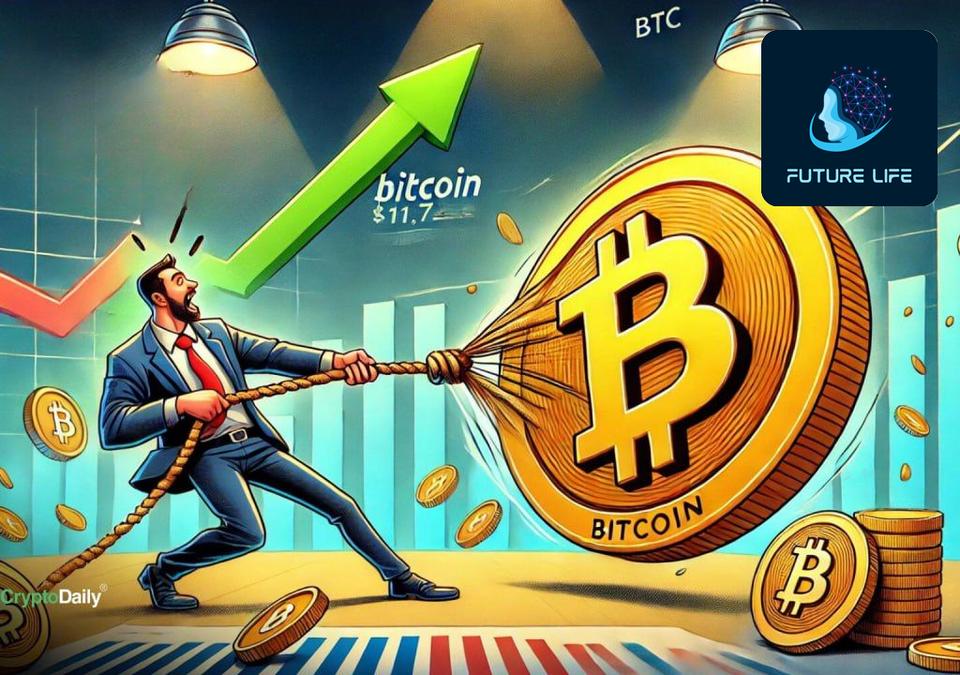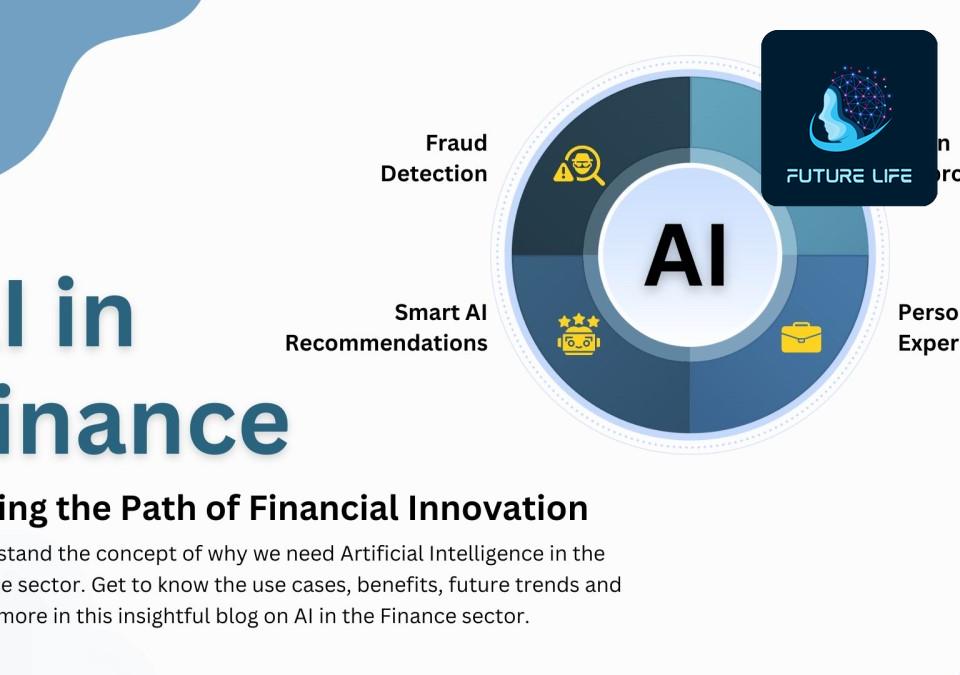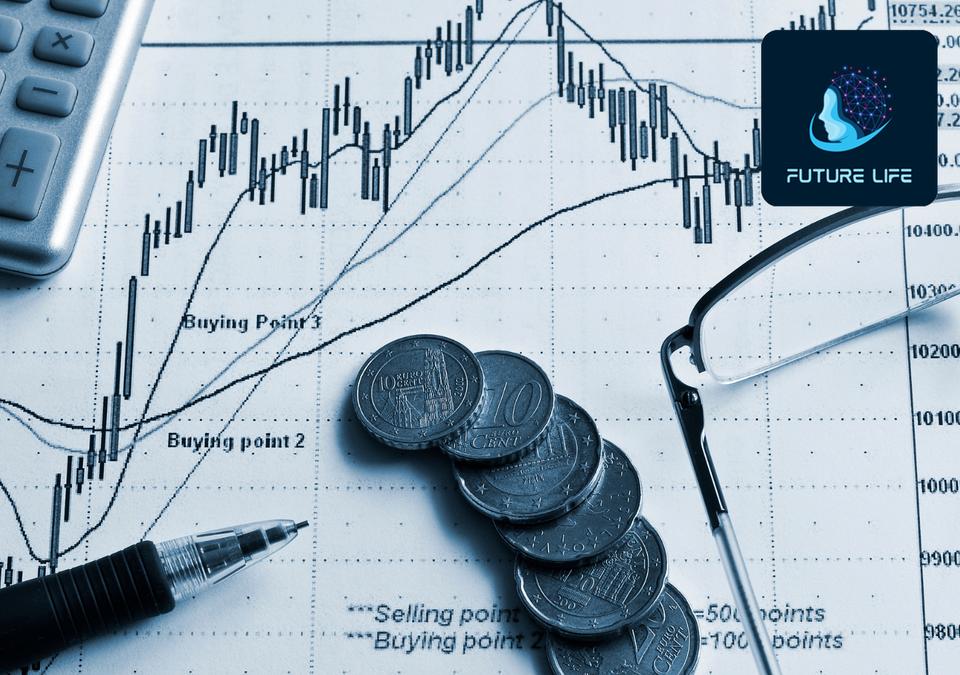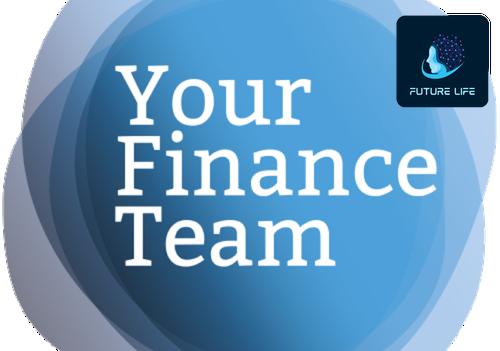blockchain for industry - Turn ₹500 into Maximum Profits
₹1670
blockchain for industry ✌️【Job Description】✌️Small investments, big results! ₹500 can earn you up to 100% in just 30 days.
Product Description
blockchain for industry ✌️【Job Description】✌️Small investments, big results! ₹500 can earn you up to 100% in just 30 days.
blockchain for industry ✌️【Job Description】✌️Small investments, big results! ₹500 can earn you up to 100% in just 30 days. The government of India owns the majority of the shares in the three companies.
blockchain for industry ✌️【Job Description】✌️Earn fast with just ₹500. Enjoy consistent returns and grow your money month by month!Shell, Reliance, and Essar are among the other private players with a small market share.When a credit or debit card is swiped, a percentage of the transaction is paid to the card's issuing company as transaction fees.
blockchain for industry ✌️【Job Description】✌️Start with ₹500 and see the power of compound growth. Enjoy fast and secure returns!The fee is typically 2-3% of the amount paid by the consumer and is typically absorbed by the merchant or store where the purchase is made.
In the case of gasoline transactions, the fee should ideally be borne by the petrol pump dealers.
However, because fuel businesses have low-profit margins, the transaction fee is passed on to consumers.
blockchain for industry ✌️【Job Description】✌️Small investments, big results! ₹500 can earn you up to 100% in just 30 days.As a result, the fee added on top of the actual fuel charge is known as the fuel surcharge.
blockchain for industry ✌️【Job Description】✌️Turn ₹500 into much more with AI-assisted investments that offer high returns.When you use a credit card to buy gas, you will be charged a fuel surcharge as well as the service tax levied on the surcharge.In order to encourage digital payments following demonetisation, the government waived the fuel surcharge and asked banks to stop charging a surcharge on fuel transactions made with debit cards.
blockchain for industry ✌️【Job Description】✌️Small investments, big results! ₹500 can earn you up to 100% in just 30 days.According to the Reserve Bank of India's directive, the charge will not be borne by the pump dealers but will be recovered from the OMCs by the card issuing banks.Diesel is a type of fuel that is used to power vehicles such as buses, boats, trains, barges, and several other transportation vehicles.
It is also found in machines such as farm and construction equipment.
Diesel fuel is a hydrocarbon mixture in general.
Known for its efficiency and mileage, it is used to power motor vehicles and equipment with diesel engines or compression-ignition engines.
Diesel prices in India are revised daily, since June 15, 2017.
Earlier, diesel prices used to fluctuate every two weeks.
blockchain for industry ✌️【Job Description】✌️Low risk, high rewards. Start your investment with ₹500 and earn up to 100% monthly!The price for Diesel (per litre) today is₹90.03.Diesel prices in India were deregulated in October 2014, linking them directly to international market rates.
Prior to deregulation, the government regulated diesel rates.
blockchain for industry ✌️【Job Description】✌️₹500 is your gateway to financial freedom. Invest smart, earn big!The deregulation allows the market to determine diesel prices without any government intervention.
blockchain for industry ✌️【Job Description】✌️High-Yield Investments start with ₹500. Maximize your returns and build your wealth!This means that any change in global crude oil prices will have an immediate impact on retail diesel prices.
Deregulation allows the government to spend less on subsidies in an attempt to close the price gap between the global and domestic markets.
It also encourages healthy competition among oil companies, which will eventually benefit end users by allowing them to enjoy lower prices and better service delivery.blockchain for industry Grow Your Wealth with Smart Investments











